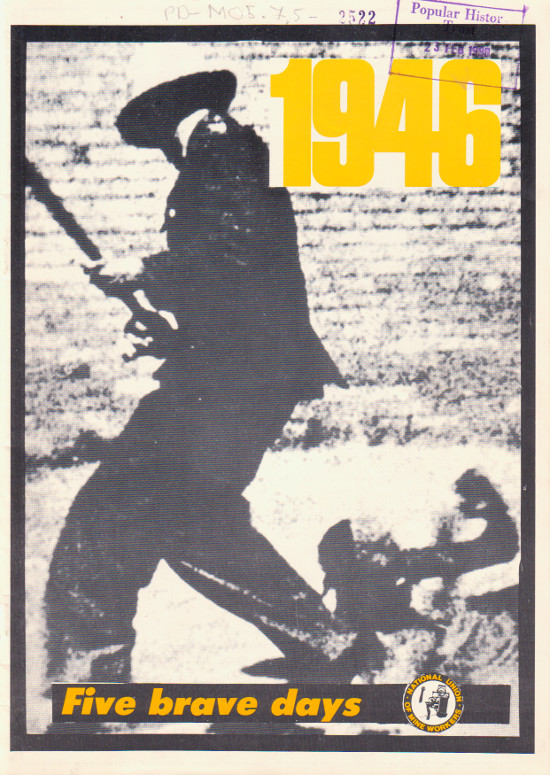 The 1960s was a time of great economic growth in South Africa. In particular, the manufacturing industry developed rapidly. This led to a growth of the industrial working class, based in factories. However, there was little trade union activity taking place as a result of government repression and restrictions placed on trade unions.
The 1960s was a time of great economic growth in South Africa. In particular, the manufacturing industry developed rapidly. This led to a growth of the industrial working class, based in factories. However, there was little trade union activity taking place as a result of government repression and restrictions placed on trade unions.However, this all began to change in the 1970s. The economic boom came to an end and workers faced uncertainty in the workplace. Rapid inflation led to rising costs, but the wages of black workers were not increased. They faced a period of hardship and struggle.
In 1973 a number of spontaneous strikes broke out in Durban. This was a key moment in the black workers’ movement. It inspired workers and led to the rapid growth in membership in new, emerging black trade unions. These unions began to call for recognition and rights for all workers. At the same time,the growing manufacturing industry called for a semi-skilled black labour force.
A number of these new trade unions believed that they would have more bargaining power if they were organised into a tight trade union federation. This lead to the formation of the Federation of South African Trade Unions (FOSATU) in 1979.
The government responded to these pressures by introducing new labour ‘reforms’. The government hoped that by introducing reforms, it would be able to stop the growth of the trade unions. In 1979 the Riekert Commission looked into influx control. As a result, workers who had been living and working in the urban areas for ten years or more were recognised as permanent residents. However, this created a division between workers from the homelands who were seen as ‘outsiders’.
As a result of the Wiehahn Commission, also in 1979, African trade unions were recognised for the first time. This meant that they were allowed to organise black workers and they now had the right to strike. But those unions that registered faced government restrictions. The unions had to be registered on a racial basis. Also, migrant workers, who made up the backbone of the workforce, were not allowed to join these trade unions.
Exhibitions in the classroom
Pausing for thought
Why do you think changes in the economy in the 1970s led to changes in the trade union movement?
Do you think the labour reforms of the 1970s improved the lives of the African working class?


